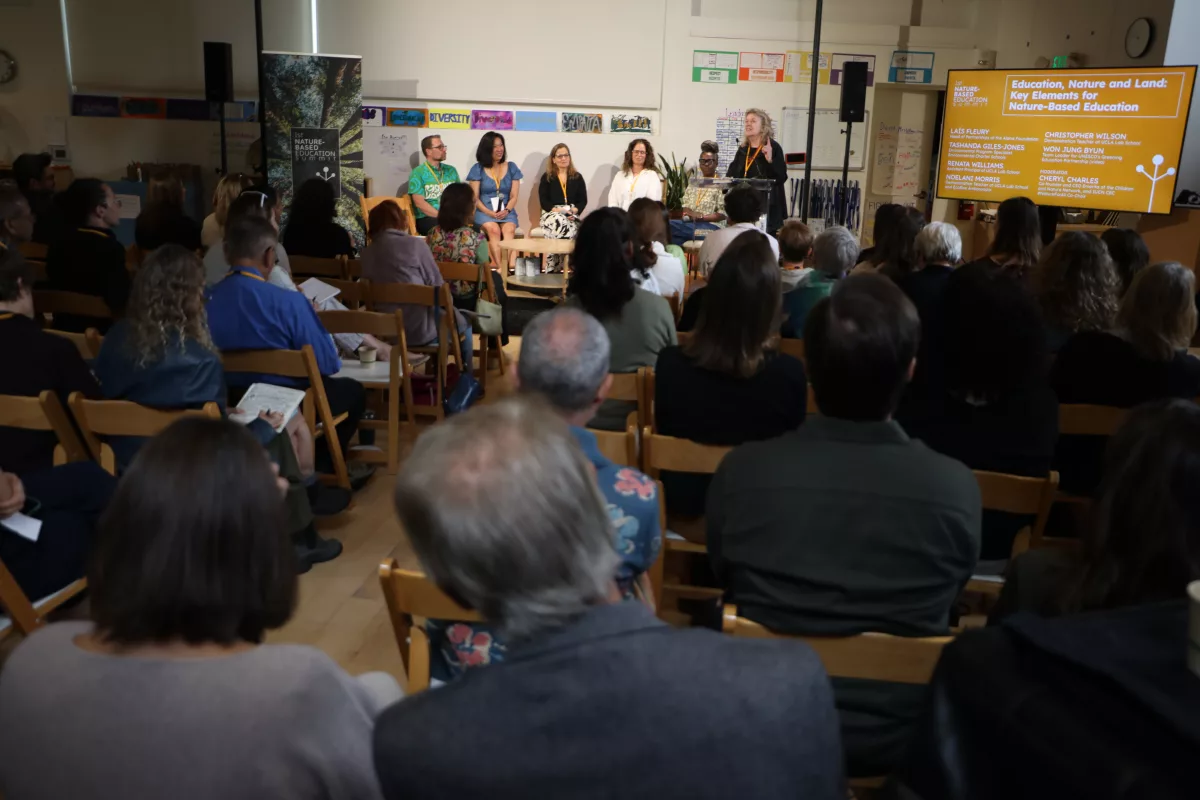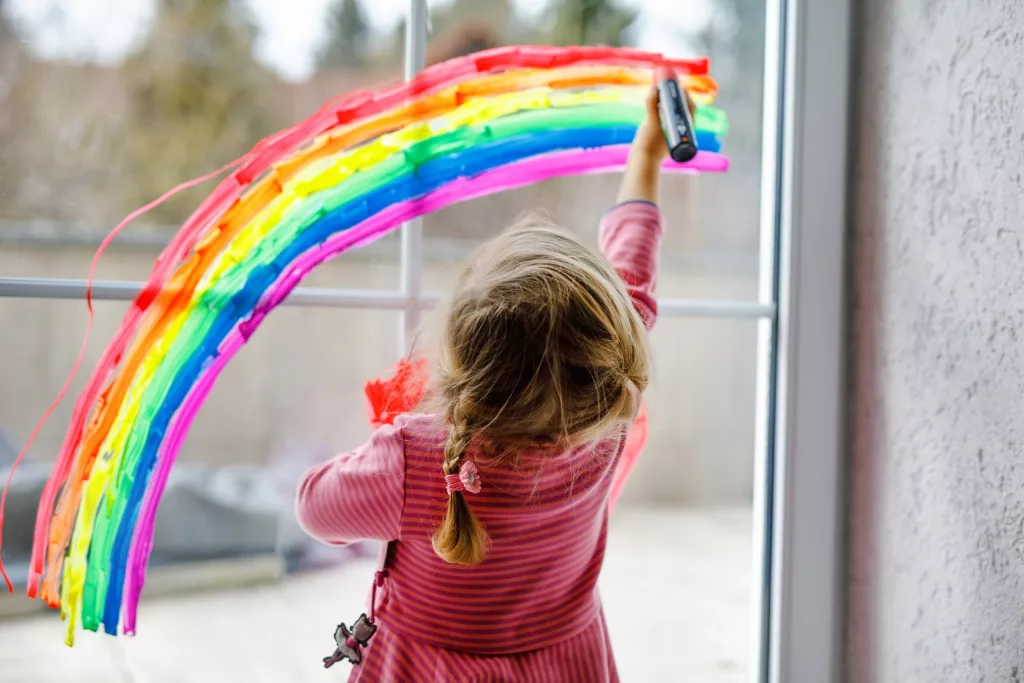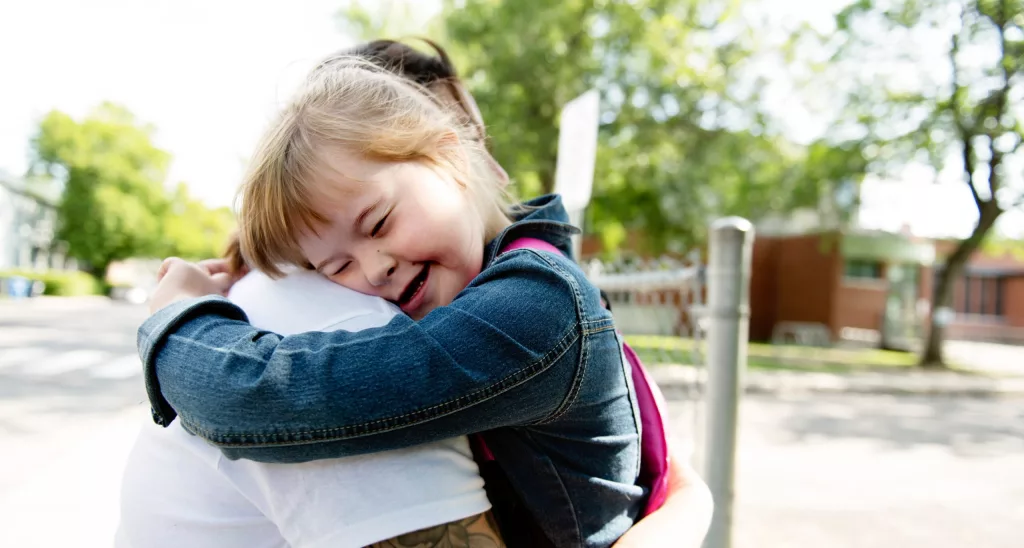10/05/2024
Connection was the keyword at the event, which discussed the role of Nature-Based Education in building climate adaptation and resilience
“What if we could sit by a pond, wait and welcome the frogs when they return to the surface? What if we could watch a fox crossing the grass and ask it about its story?”. The questions that seem to be part of a children’s fable were part of the reflections of Richard Louv, author of the book Last Child in the Woods, in the program of the first Nature-Based Education Summit, an event that took place last Saturday (4) in Los Angeles, United States. The seminar was organized by Alana Institute and the UCLA School of Education and Information Studies, in partnership with the International Union for Conservation of Nature (IUCN) Commission on Education and Communication, EarthDay.org and #NatureForAll.
Louv, who coined the term “nature deficit disorder”, referring to the negative impacts related to children’s detachment from nature and from opportunities to play and learn outdoors, said that “the use of imagination and the way we incorporate nature into our lives are underestimated” and that people, especially children, need to reconnect with the natural world. He was one of 13 speakers at the event, which discussed how to encourage and implement Nature-Based Education, which incorporates solutions into the curriculum, infrastructure and school environments, placing contact with nature at the center and generating climate adaptation and resilience.
For the full day, participants had the opportunity to debate the importance of an education that promotes learning in and with nature, based on various dimensions such as indigenous knowledge, scientific research into the physical and mental health of children and adolescents, and the challenges of making schools greener at a public policy level.
Among the lessons learned at the seminar were the following:
- Collaboration between different sectors (public school networks, governmental administrations and communities) is crucial to achieving the vision of greener and healthier schools for all children.
- The importance of changing children’s language and perspective on nature, to enable them to compare their communities to natural ecosystems to foster a deeper connection with the environment.
- Pediatricians, caregivers, educators and communities working together to overcome barriers and create opportunities for children to connect with nature and reap its multiple benefits.
For Laís Fleury, International Relations Representative for the Alana Foundation, who took part in the program on the panel “Education, Nature and the Earth: key elements for Nature-Based Education”, the balance of the event was very positive. “In the United States, the organizations are very strong in bringing technical aspects and have a lot of resources from an objective point of view, but when we include the view from Brazil, from the Global South, we manage to add poetry, soul and enchantment. It’s a very rich exchange, in which we create a network and everyone wins,” she celebrated.




